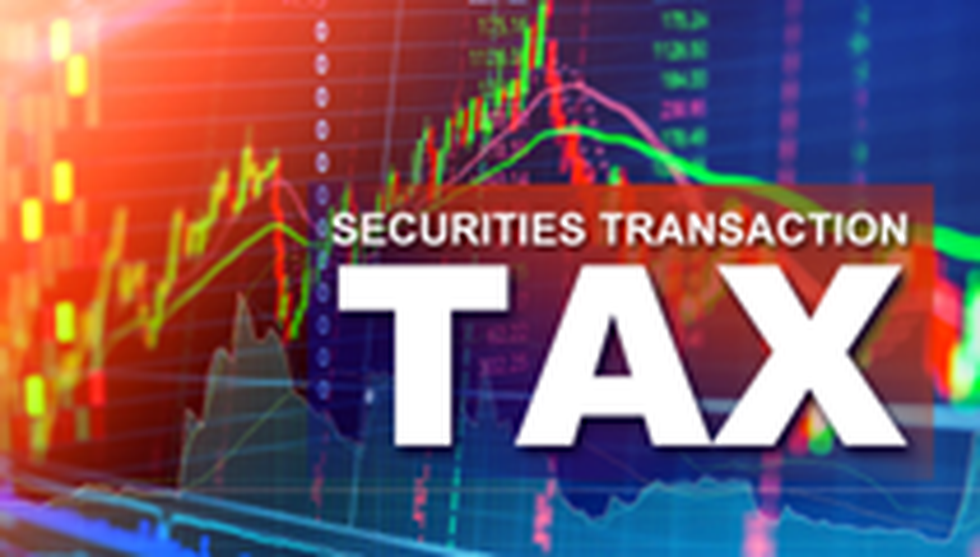About Securities Transaction Tax (STT):
- What is it? It is a direct tax charged on the purchase and sale of securities listed on the recognized stock exchanges in India.
- It is levied and collected by the central government of India.
- STT is governed by Securities Transaction Tax Act (STT Act), and STT Act has specifically listed various taxable securities transactions,e., transactions on which STT is leviable.
- Taxable securities include equities, derivatives, or equity-orientedmutual funds investment units (excluding commodities and currency).
- The rate of taxation is different for different types of securities.
- STT is not applicable to off-market transactions or to commodity or currency transactions.
- The liability of applying the STT is on the broker when the client undertakes transactions in the stock market. The collected amount is then paid to the government.
- The charges and rate of STT are reflected on the contract notes which a broker provides to its clients for every execution of trades.
What is Futures and Options Trading?
- Futures and options are the major types of stock derivatives trading in a share market.
- These are contracts signed by two parties for trading a stock asset at a predetermined price at a later date.
- It provides individuals to reduce future risk with their investment through pre-determined prices.
- Future and options in the share market are contracts that derive their price from an underlying asset (known as underlying), such as shares, stock market indices, commodities, ETFs, and more
- Future v/s Option:
- Future and option trading are different in terms of obligations imposed on individuals.
- While futures act as a liability on an investor, requiring them to follow up on a contract by a pre-set due date, an options contract gives an individual the right to do so (provides a buyer with a choice to do the same, if he/she profits from a trade.)
What are Derivatives?
- Derivatives are financial contracts set between two or more parties that derive their value from an underlying asset, group of assets, or benchmark.
- A derivative can trade on an exchange or over the counter.
- Prices for derivatives derive from fluctuations in the underlying asset.
- Common derivatives include futures contracts, forwards, options, and swaps.
